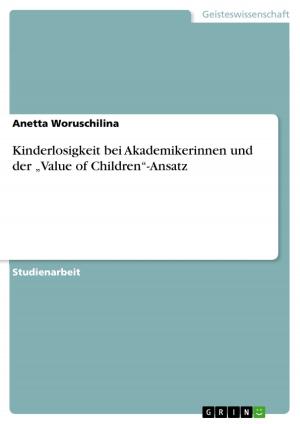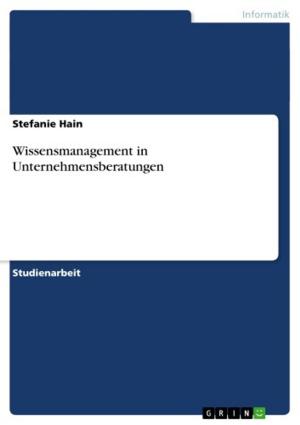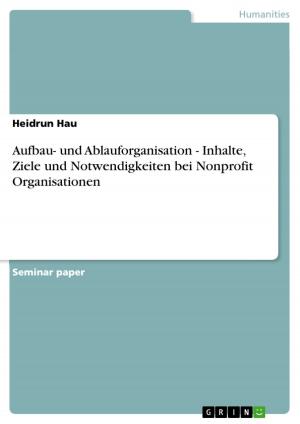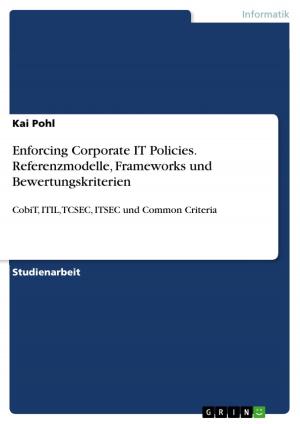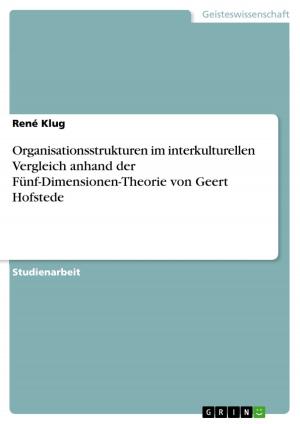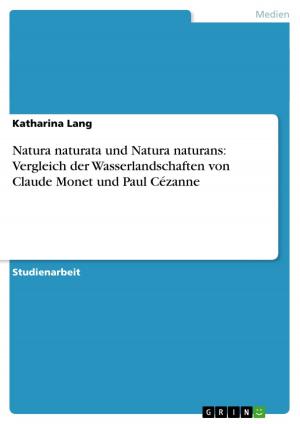Feasibility Study of Natural Resource Management Strategies for Nigeria based on Selected Country Cases of the United Arab Emirates and Norway
Nonfiction, Social & Cultural Studies, Political Science, Politics, Economic Policy| Author: | Ramona Blietz | ISBN: | 9783668198449 |
| Publisher: | GRIN Verlag | Publication: | April 15, 2016 |
| Imprint: | GRIN Verlag | Language: | English |
| Author: | Ramona Blietz |
| ISBN: | 9783668198449 |
| Publisher: | GRIN Verlag |
| Publication: | April 15, 2016 |
| Imprint: | GRIN Verlag |
| Language: | English |
Seminar paper from the year 2014 in the subject Business economics - Economic Policy, grade: 1,3, Berlin School of Economics and Law (IMB), language: English, abstract: When comparing the economic development of resource-poor and resource-rich countries, it seems quite surprising that the majority of resource-abundant countries perform worse than resource-poor countries. A large amount of academic research has been conducted on this unusual phenomenon and it was given the name 'Resource Curse'. The theory states that there is an inverse relationship between a country's natural resource endowment and its economic development. In this study, two countries that have, according to the general academic consensus, despite their resource-abundance had a prosperous economic development and thus supposedly managed their natural resources well. The United Arab Emirates (UAE) and Norway are often cited examples of how to avoid or escape the natural resource curse. But the question is what their key management strategies are and whether those can be transferred to and implemented in other resource-abundant countries that suffer from the Resource Curse? In order to find answers to these questions, after analyzing the UAE and Norway, both countries will be compared to Nigeria, known to have a lot of difficulties with its natural resource wealth and consequently struggles economically. The overall purpose is to check different ways of dealing with natural resources efficiently and examine whether Nigeria could possibly escape the Resource Curse by adopting some of these strategies used by Norway or the UAE.
Seminar paper from the year 2014 in the subject Business economics - Economic Policy, grade: 1,3, Berlin School of Economics and Law (IMB), language: English, abstract: When comparing the economic development of resource-poor and resource-rich countries, it seems quite surprising that the majority of resource-abundant countries perform worse than resource-poor countries. A large amount of academic research has been conducted on this unusual phenomenon and it was given the name 'Resource Curse'. The theory states that there is an inverse relationship between a country's natural resource endowment and its economic development. In this study, two countries that have, according to the general academic consensus, despite their resource-abundance had a prosperous economic development and thus supposedly managed their natural resources well. The United Arab Emirates (UAE) and Norway are often cited examples of how to avoid or escape the natural resource curse. But the question is what their key management strategies are and whether those can be transferred to and implemented in other resource-abundant countries that suffer from the Resource Curse? In order to find answers to these questions, after analyzing the UAE and Norway, both countries will be compared to Nigeria, known to have a lot of difficulties with its natural resource wealth and consequently struggles economically. The overall purpose is to check different ways of dealing with natural resources efficiently and examine whether Nigeria could possibly escape the Resource Curse by adopting some of these strategies used by Norway or the UAE.




